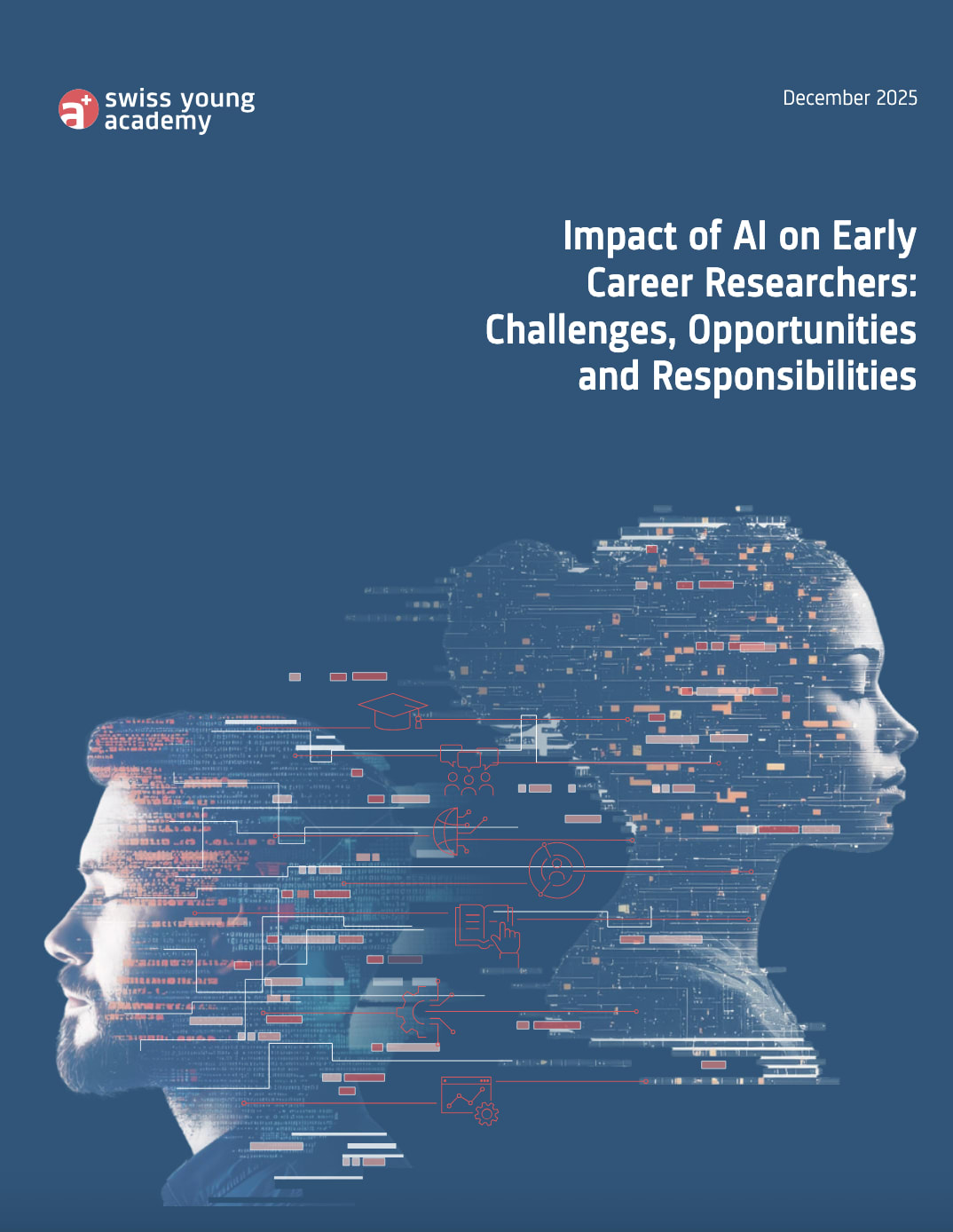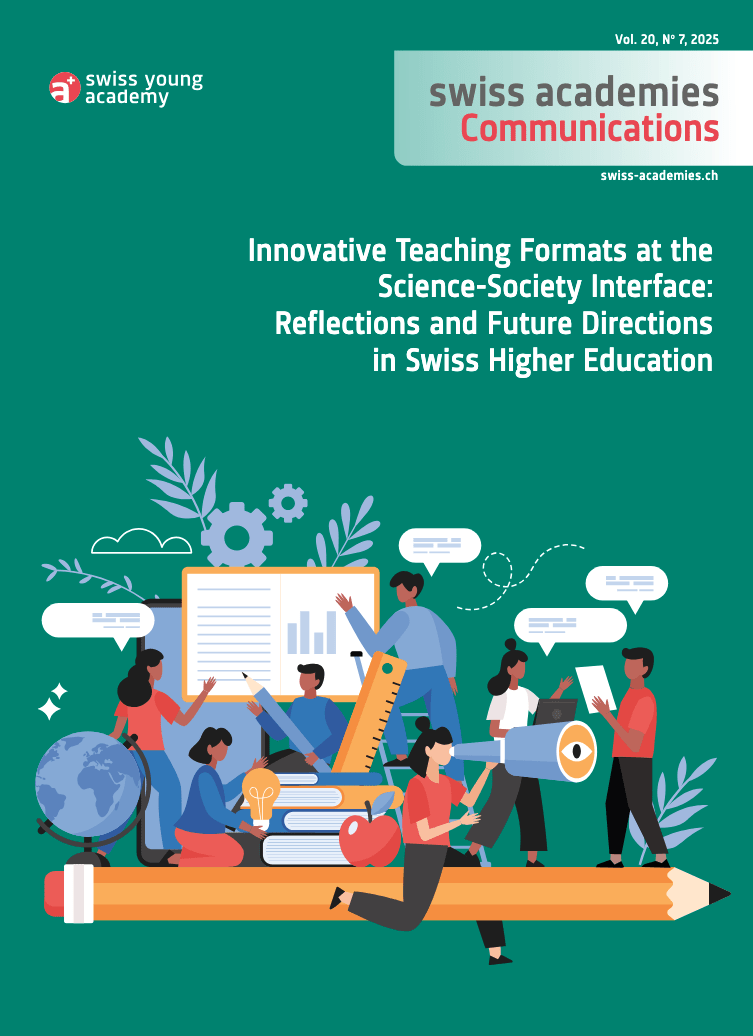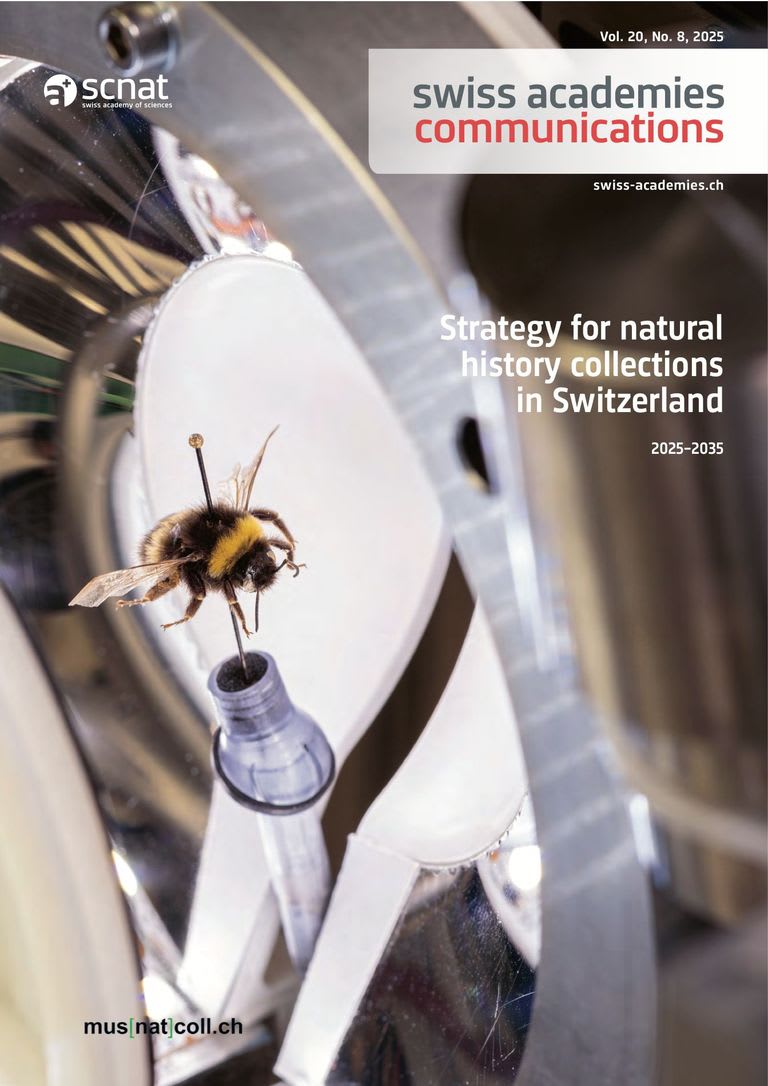Swiss Academy of Humanities and Social Sciences SAHS
Tertiarisierungsdruck: Herausforderungen für das Bildungssystem, den Arbeitsmarkt und das Individuum
SWISS ACADEMIES COMMUNICATIONS, VOL. 15. NO 6, 2020
Ausbildungen auf Tertiärstufe werden zukünftig stärker nachgefragt. Darauf deuten Daten zum gegenwärtigen und zukünftigen Fachkräftebedarf sowie zu den Bildungsaspirationen von Familien hin. Vom Bildungssystem wird erwartet, dass es mehr jungen Menschen eine Ausbildung auf Tertiärstufe ermöglicht. Mit Blick auf die nächste BFI-Botschaft 2021-2024 stellt sich die Frage, wie die Anreize für Abschlüsse auf der Tertiärstufe sowie die Durchlässigkeit des Schweizer Bildungssystems gestaltet werden sollen. Um die für die nächsten zwanzig Jahre prognostizierte Zunahme der Bildungsabschlüsse auf Tertiärstufe in der Schweizer Bevölkerung zu erreichen (Babel 2019), müssen mögliche Bildungsbarrieren von der Bildungspolitik erkannt werden.
Der Bericht stützt sich auf empirische Ergebnisse aus Studien für die Schweiz. Mit Tertiärbildung sind Ausbildungen an Hochschulen (Universität, ETH, Fachhochschule, Pädagogische Hochschule) sowie in der höheren Berufsbildung (Höhere Fachschule, Berufsprüfung mit eidg. Fachausweis, Höhere Fachprüfung mit eidg. Diplom) gemeint.
Kriesi, Irene und Regula Julia Leemann (2020) Tertiarisierungsdruck – Herausforde- rungen für das Bildungssystem, den Arbeitsmarkt und das Individuum, hg. von der Schweizerischen Akademie der Geistes- und Sozialwissenschaften. Swiss Academies Communications 15 (6).




